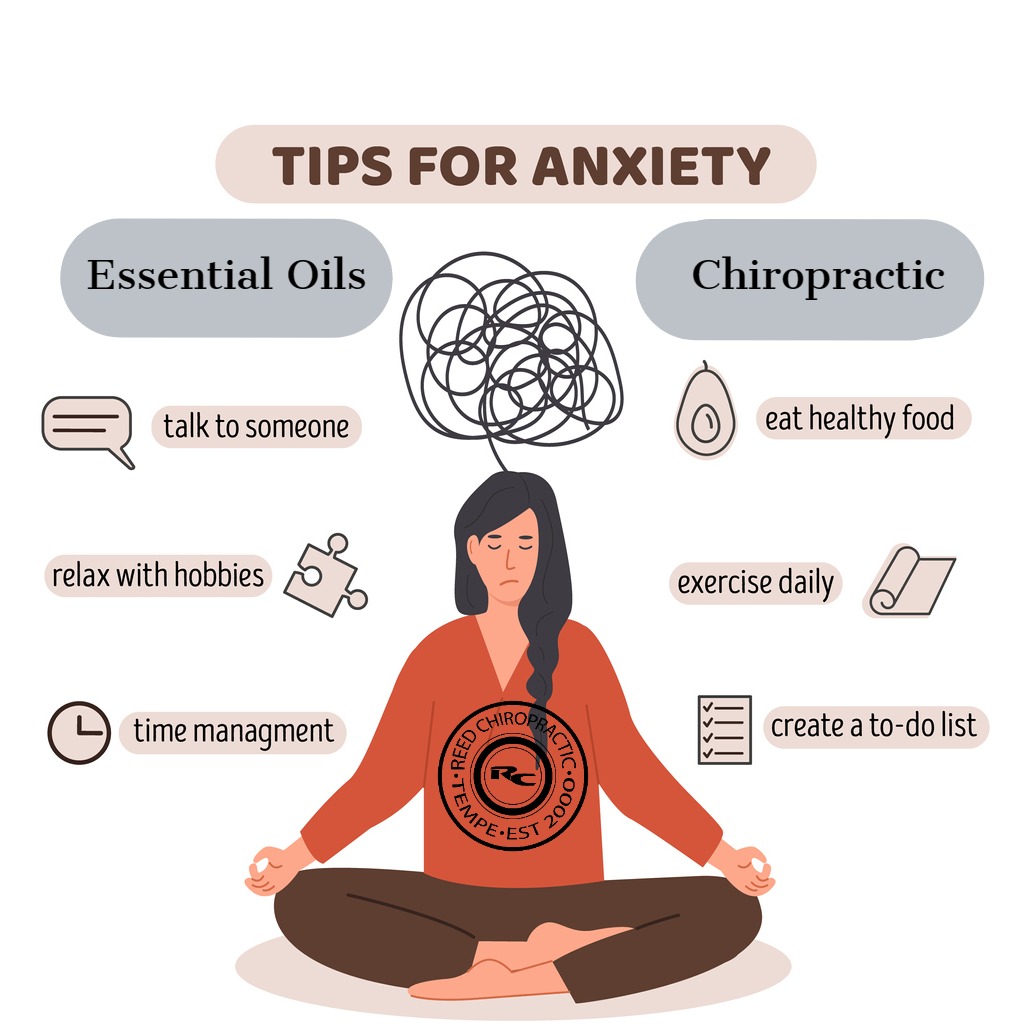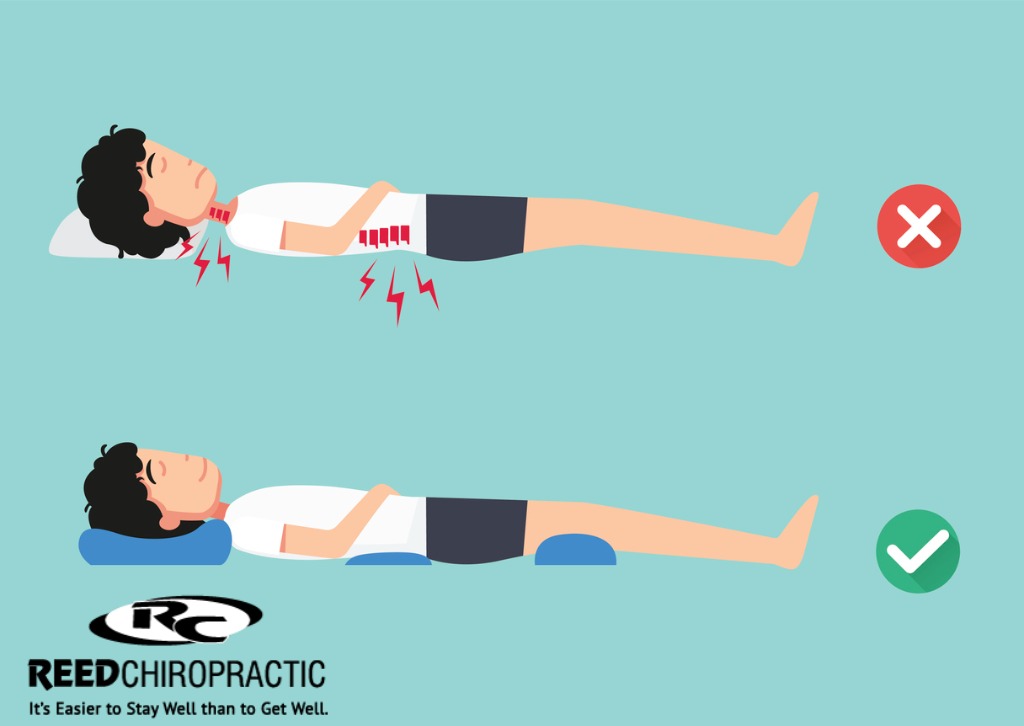The Effects of Sleep deprivation on your Health
SLEEP DEPRIVATION AND YOUR HEALTH
We all know that we don’t feel as good after a poor night of sleep. But did you know what are the effects of sleep deprivation on your health? That the lack of sleep can also have serious consequences when it comes to your overall health? Lack of sleep has the same effect on your immune system as illness and physical stress as well as increasing your risk of numerous chronic ailments such as diabetes, Alzheimer’s, insulin resistance and obesity.
Adults need 8-9 hours of sleep per night while children need anywhere from 8-12 hours, with 10 hours being the average amount of sleep needed. Even losing one hour of sleep per night has been shown to increase inflammation, decrease immune function, and raise the risk of diabetes, cancer and stress.
DID YOU KNOW:
Sleep deprivation has the same effects of having a blood alcohol level of .10 percent which can impair judgment, physical movements and mental focus!
One of the worst things you can do is take sleep aides or sleeping pills. Research shows that the risk of certain cancers is 35% higher for people who use sleeping pills and they are nearly four times as likely to die from any cause than nonusers!
Sleep deprived mothers have double the risk of delivering more than six weeks early, resulting in premature birth, than mother’s who get plenty of sleep.
Your memory is affected by how much sleep you get! Lack of sleep has been linked to lower academic performance and memory recall.
Sleep deprivation increases your risk of obesity, stomach ulcers, osteoporosis, high blood pressure and cancer!
Lack of sleep leads to premature aging, both mentally and physically as well increases your risk o f depression and anxiety. 87% of depressed patients showed major improvements after resolving their insomnia, with symptoms disappearing after eight weeks
Lack of sleep is also linked to increased risk of developing dementia and Alzheimer’s disease.
Now that you understand the effects of sleep deprivation your health lets look at what you can do.
WHAT YOU CAN DO:
Turn your bedroom into a sleep haven.
Computers, cell phones and television have no place in the bedroom if you want to increase your sleep quality. Reduce any noisy interruptions such as removing your pet from the bedroom and the use of a white noise machine to reduce outdoor noises. Blackout curtains and turning off or covering all sources of light can greatly increase your body’s ability to get deep, restful sleep.
Keep a consistent schedule
Try going to bed and waking up at the same time each day. This will allow your body to become accustomed to a routine so it can regulate your circadian clock so you can fall asleep and stay asleep all night.
Get plenty of bright sunlight exposure in the morning and at noon
Exposure to bright light first thing in the morning signals your body that it’s time to wake up and stops production of the sleep-inducing hormone melatonin. Outdoor sunlight is best so taking a walk outside in the morning or midday will help anchor your circadian clock.
Exercise Daily
Besides reducing your risk of cardiovascular disease and metabolic disorders, exercising will help your body rest and sleep more soundly. You should try to exercise at least three hours before bed or earlier.
Keep your room temperature low
Between 60 and 68 F is the ideal room temperature for sleeping. If your room is cooler or warmer, it can have a negative effect on your night’s sleep. Try to keep your room in this range to try and attain optimal core body temperature.
Visit your Tempe Chiropractor for a free Health Consultation and evaluation.








